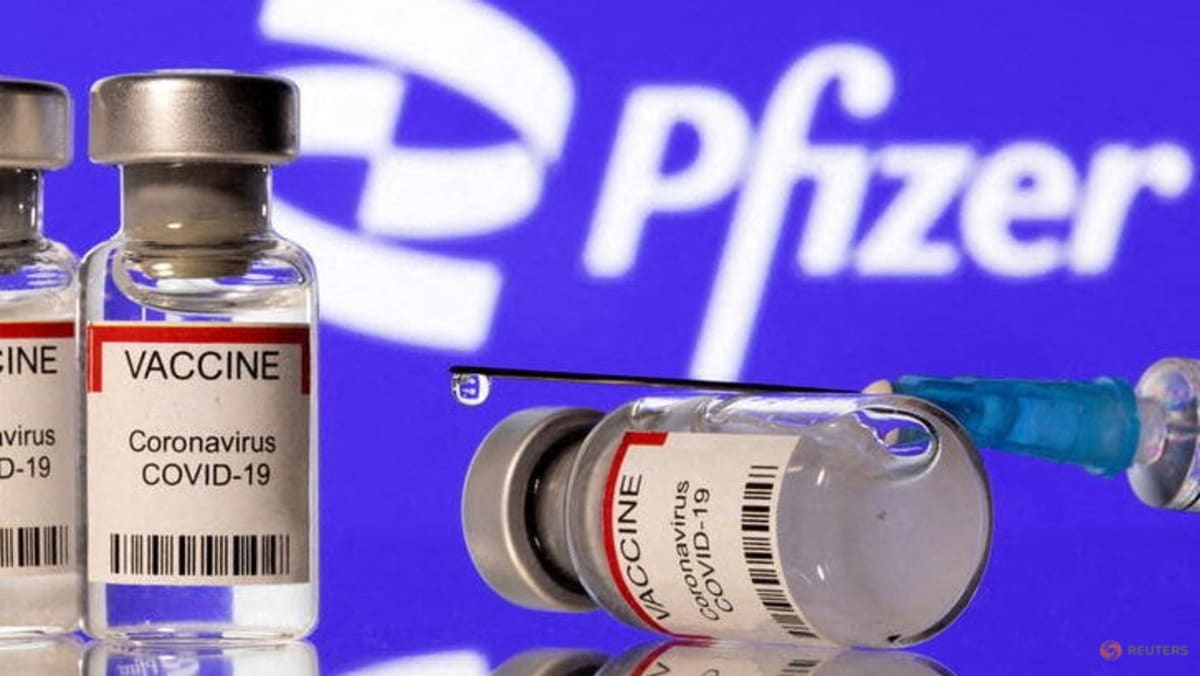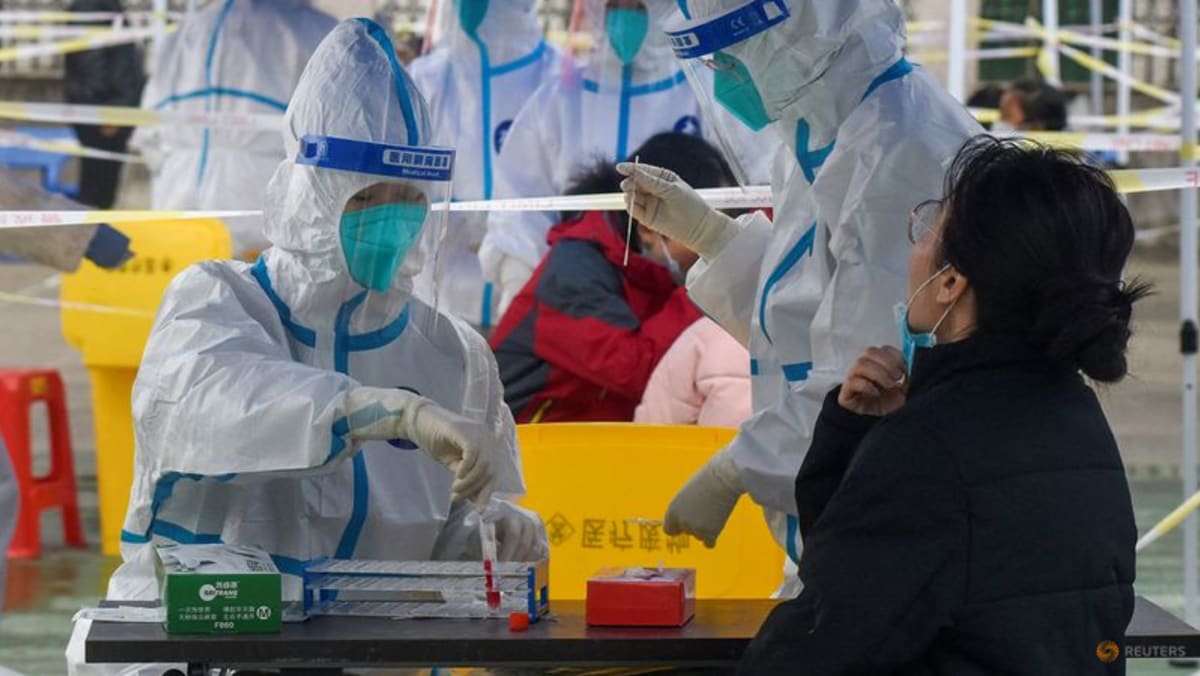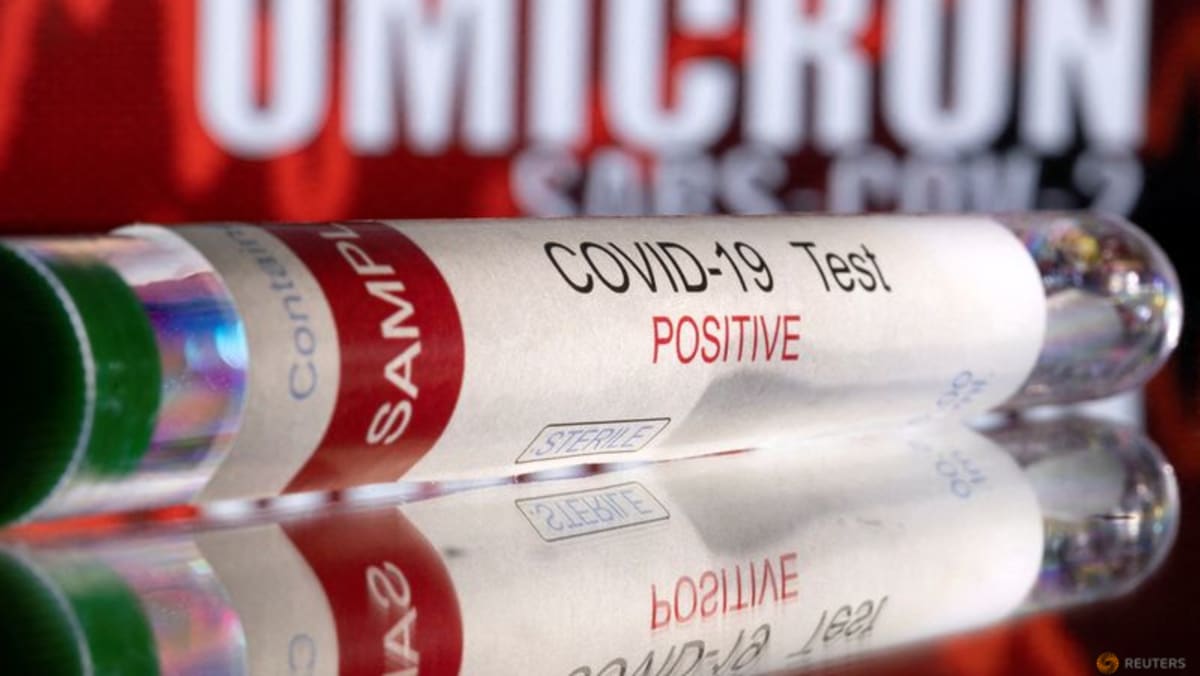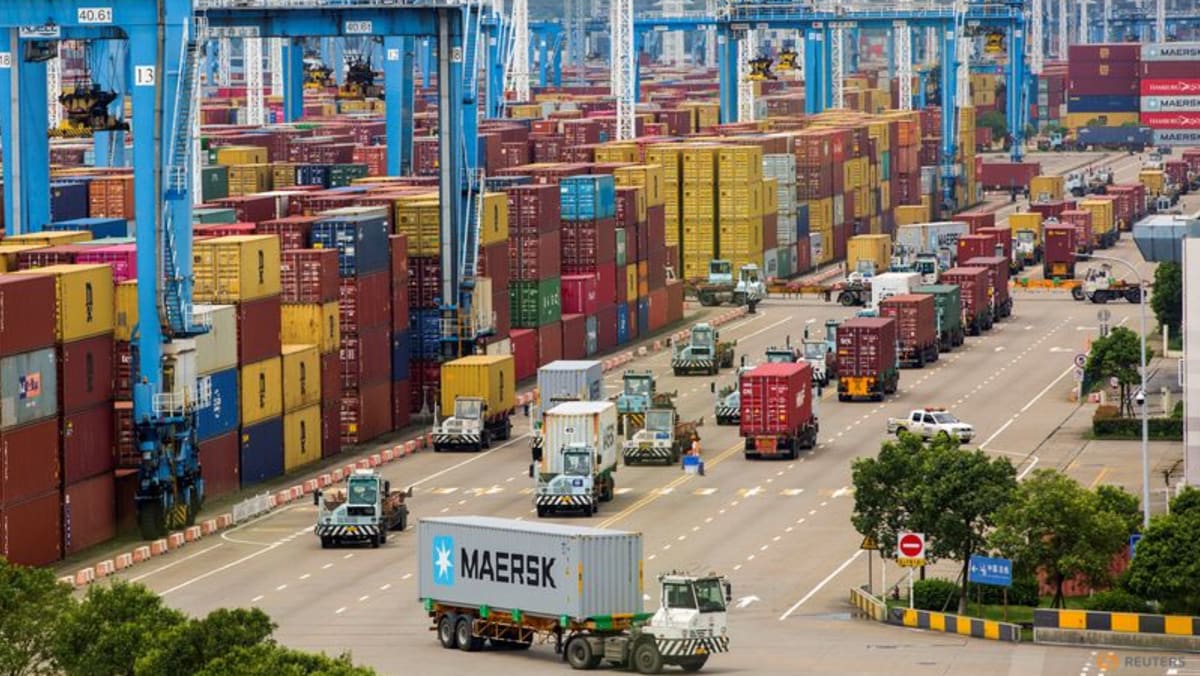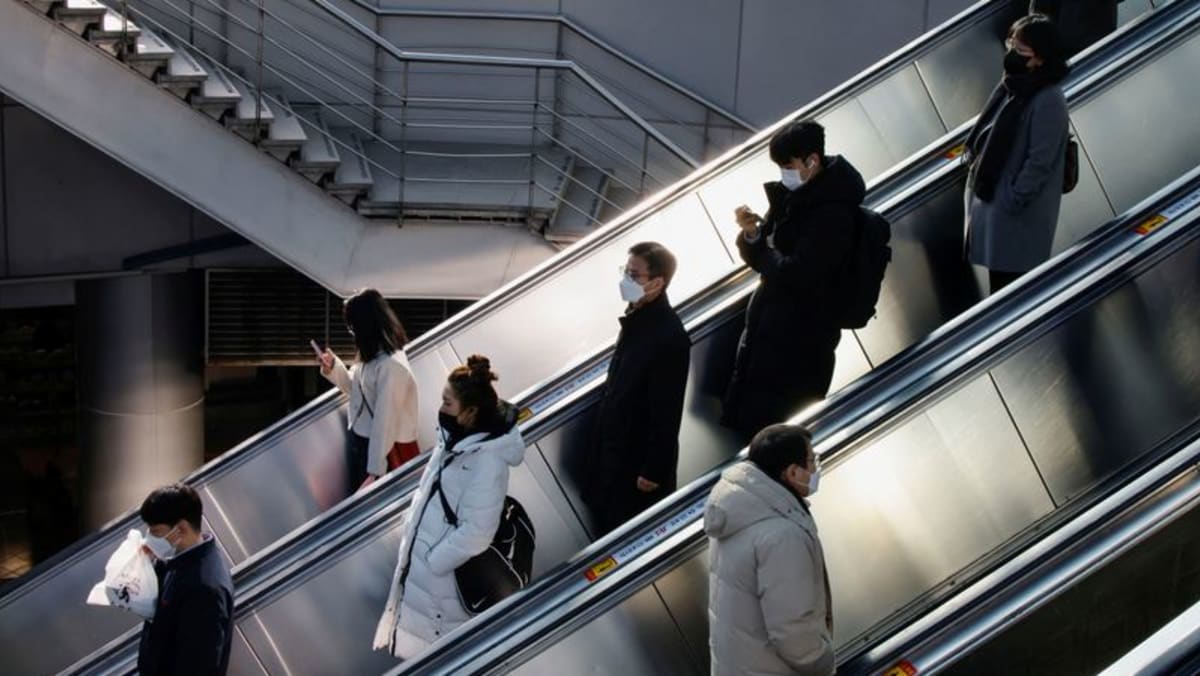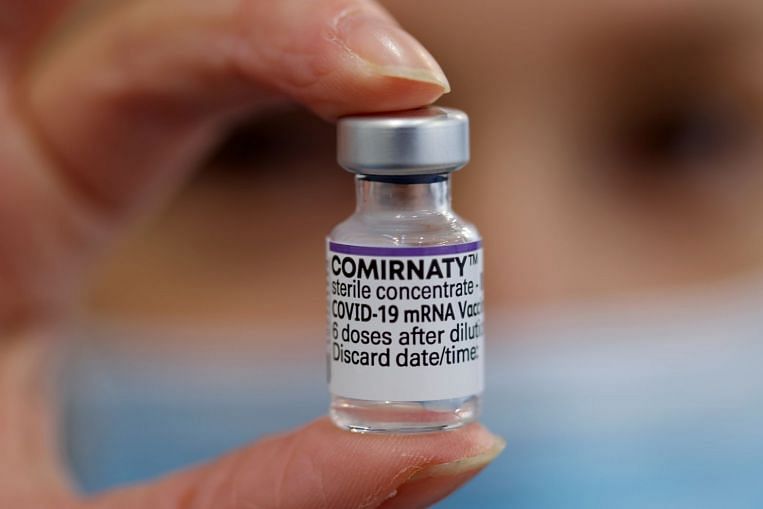
GENEVA (AFP) - The new coronavirus variant Omicron is spreading at an unprecedented rate, the WHO said on Tuesday (Dec 14), urging countries to act swiftly to rein in transmission and protect their health systems.
Since the new, heavily-mutated variant was first detected in southern Africa last month, it has been reported in 77 countries, WHO chief Tedros Adhanom Ghebreyesus told reporters.
But, he stressed, “the reality is that Omicron is probably in most countries, even if it hasn’t been detected yet.”
“Omicron is spreading at a rate we have not seen with any previous variant,” he said.
WHO expert Abdi Mahamud, meanwhile, told the press conference that modelling indicated that some countries in Europe – already battling a fierce fifth pandemic wave – could see Omicron become the dominant variant within days.
The warnings came amid growing evidence that the new variant might be better at skirting vaccine protections than previous ones.
A study published by Pfizer Tuesday showed that two doses of its Covid jabs offer around 70 per cent protection against severe disease from Omicron, compared to 93 per cent against earlier variants.
Data has also, meanwhile, indicated that the new variant might cause milder symptoms.
‘Very dangerous situation’
But WHO expert Bruce Aylward strenuously warned against “jumping to a conclusion that this is a mild disease.”
“If we go into a season like we’re going into now when a lot of people want to get together for the holiday season, and we have a more transmissible virus,” that we don’t actually know is milder, “we could be setting ourselves up for a very dangerous situation,” he warned.
Tedros also cautioned against “dismissing Omicron as mild,” pointing out that even if the variant does cause less severe disease, the sheer number of cases could once again overwhelm unprepared health systems.”
He called on countries to use all possible measures to rein in the spread, including scaling up vaccination, encouraging mask-wearing and physical distancing.
“Do it all. Do it consistently. Do it well.”
WHO emergencies director Michael Ryan also stressed that more data was needed to determine the severity of Omicron, urging countries to prepare to “deal with what is likely to happen, which is a large wave of cases.”
Those cases “may or may not be less severe, but... will in themselves generate pressure on the health system,” he said, insisting on the need to “reduce that pressure.”
‘Vaccine hoarding’
As countries scramble to deal with Omicron, Tedros voiced concern that many were rolling out booster vaccine doses to the general population, warning that this could deepen inequity in vaccine access between wealthy and poorer countries.
“WHO is concerned that such programmes will repeat the Covid-19 vaccine hoarding” seen previously this year, he said.
He said there was not yet enough data to show a third dose is needed to effectively protect healthy adults against the variant, although he said that “as we move forward, boosters could play an important role.”
At the same time, many vulnerable people in poorer countries have not yet received a single dose.
But Tedros pointed out on Tuesday that 41 countries have yet to vaccinate even 10 per cent of their populations.
“Let me be very clear: WHO is not against boosters. We’re against inequity. Our main concern is to save lives everywhere,” Tedros said.
“It’s a question of prioritisation,” he said.
“The order matters. Giving boosters to groups at low risk of severe disease or death simply endangers the lives of those at high risk who are still waiting for their primary doses because of supply constraints.”
https://news.google.com/__i/rss/rd/articles/CBMiVWh0dHBzOi8vd3d3LnN0cmFpdHN0aW1lcy5jb20vd29ybGQvZXVyb3BlL29taWNyb24tc3ByZWFkaW5nLWF0LXVucHJlY2VkZW50ZWQtcmF0ZS13aG_SAQA?oc=5
2021-12-14 17:33:40Z
1191888452
